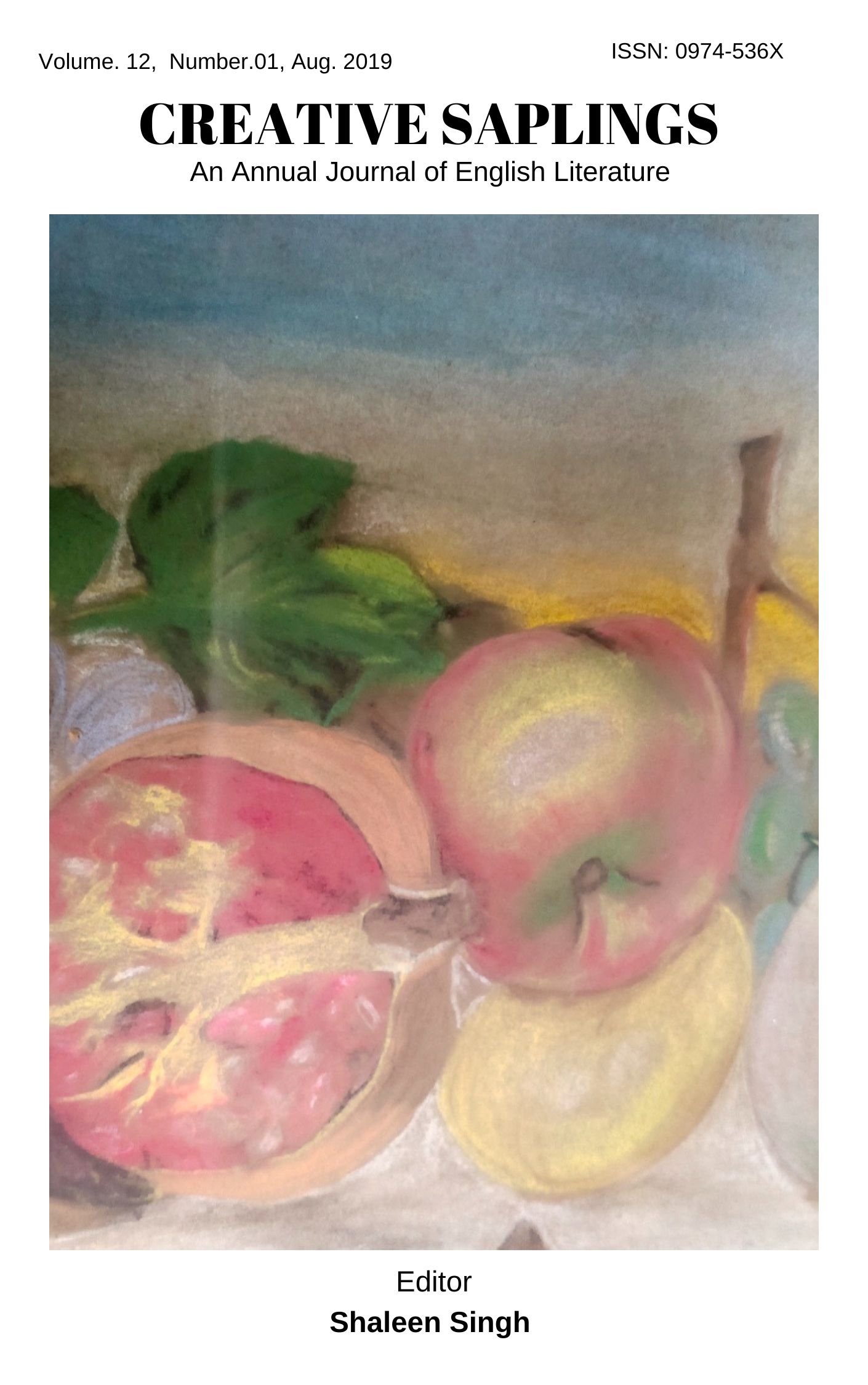Laughter as Liberation: Humour as Resistance in Indian Feminist Literature
DOI:
https://doi.org/10.56062/Keywords:
Humour, Feminist Writing, Satire, Indian Literature, Dalit Feminism, Resistance, IntersectionalityAbstract
People think that Indian feminist literature is all about relaxing and laughing in the background of humour; it is an ingenious means that the writers are employing to question the forces of patriarchy, castes and social taboos. It is such a secret weapon in the disguise of comedy. The current paper is a close examination of the utilisation of humour by authors like Shashi Deshpande, Meena Kandasamy, and Bama, in attaining control, silencing challenge, and a breaking of oppressive rules. It is just a matter of reversing the script so that we can witness these authors do something quite daring. Our work will be guided by the feminist theory, Dalit feminism and intersectionality to contend that humour is not just a joke. It is corporeal possession of the agency, and it makes disparagement criticism and makes trauma personal testament. Ultimately, the paper concludes that humour provides the Indian feminism with the distinct method of survival, reclaiming power, and rebelling. Laughter becomes a strong language that keeps us alive and struggling to get a better place.
Downloads
References
Bama. (1994). Sangati. Macmillan India.
Barreca, R. (1991). They Used to Call Me Snow White... But I Drifted. Viking Press.
Cixous, H. (1976). The Laugh of the Medusa. Signs, 1(4), 875–893.
Das, K. (1976). My Story. Sterling Publishers.
Deshpande, S. (1988). That Long Silence. Penguin Books.
Hariharan, G. (1992). The Thousand Faces of Night. Penguin India.
Kandasamy, M. (2010). Ms. Militancy. Navayana.
Kandasamy, M. (2017). When I Hit You: Or, A Portrait of the Writer as a Young Wife. Juggernaut Books.
Nair, A. (2002). Oral traditions and women’s storytelling in India. Journal of Feminist Studies, 18(2), 44–57.
Rege, S. (2006). Writing Caste, Writing Gender. Zubaan Books.
Downloads
Published
Issue
Section
License

This work is licensed under a Creative Commons Attribution-NonCommercial 4.0 International License.





